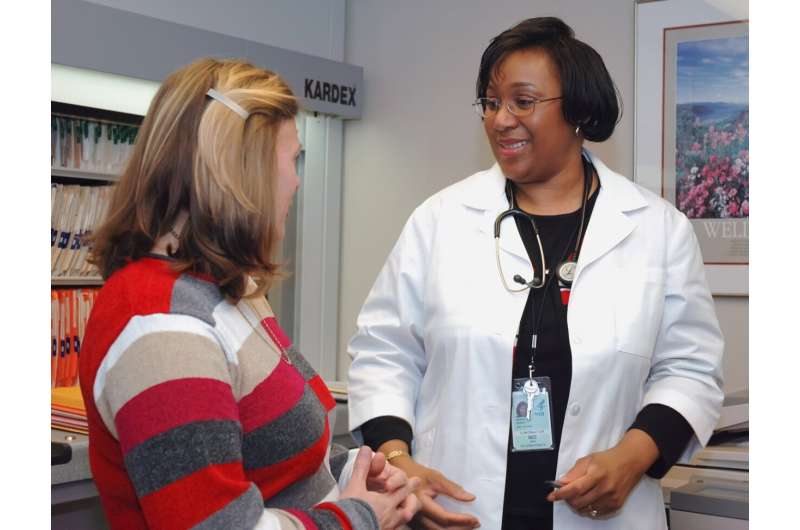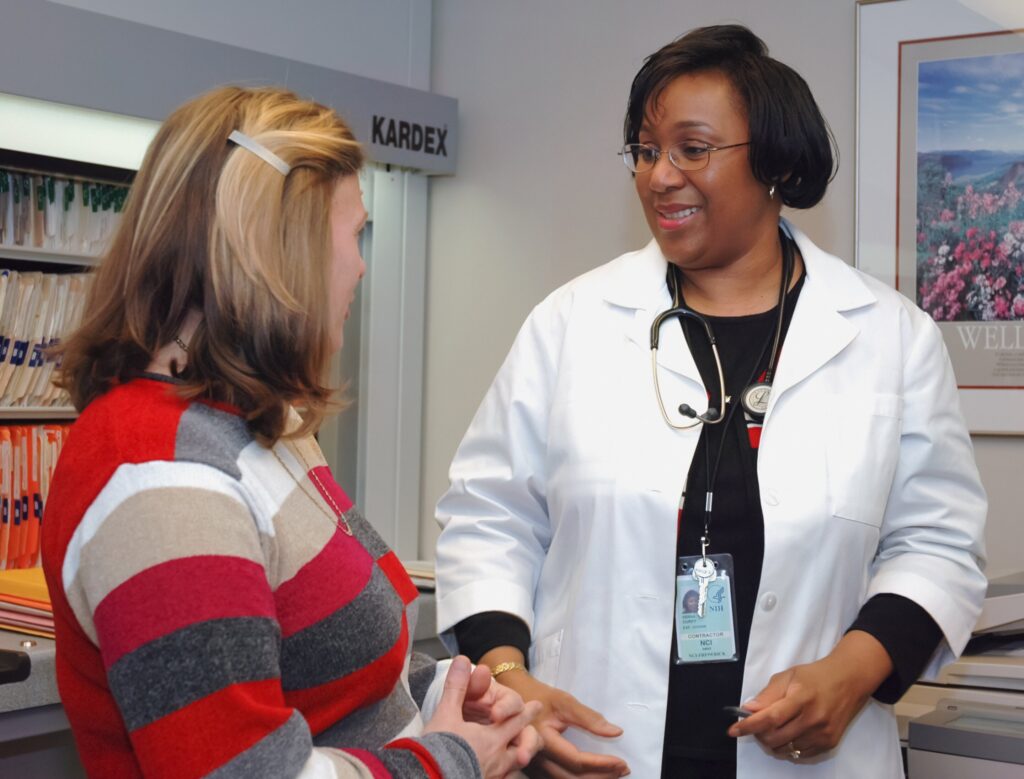
Health care professionals are increasingly giving advice to patients on how to improve their health, but there is often a lack of scientific evidence about whether this advice is actually beneficial. This is according to a study from the University of Gothenburg, which also offers a guide for more effective recommendations.
The researchers do not criticize the content of the advice—it is good if people lose weight, stop smoking, eat a better diet or exercise more. However, there is no evidence that patients actually change their lifestyle after receiving this advice from health care professionals.
“There is often a lack of research showing that counseling patients is effective. It is likely that the advice rarely actually helps people,” says Minna Johansson, associate professor at Sahlgrenska Academy at the University of Gothenburg and General Practitioner at Herrestad’s Health care Center in Uddevalla, who is the study’s lead author.
Few pieces of advice are well founded
The study, published in the Annals of Internal Medicine, was conducted by an international team of researchers. They have previously analyzed medical recommendations from the National Institute for Health and Care Excellence (NICE) in the UK. This organization is behind 379 recommendations of advice and interventions that health care professionals should give to patients, with the aim of changing their lifestyle.
In only 3% of cases there were scientific studies showing that the advice has positive effects in practice. A further 13% of this advice had some evidence, but with low certainty. The researchers also reviewed additional guidelines from other influential institutions around the world and found that these often overestimate the positive impact of the advice and rarely take disadvantages into account.
“Trying to improve public health by giving lifestyle advice to one person at a time is both expensive and ineffective. Resources would probably be better spent on community-based interventions that make it easier for all of us to live healthy lives,” says Minna Johansson, who also believes the advice could increase stigmatization for people with, for example, obesity.
Showing the way forward
Today’s health care professionals would not be able to give all the advice recommended while maintaining other care. The researchers’ calculations show that in the U.K., for example, five times as many nurses would need to be hired, compared to current levels, to cope with the task.
The study also presents a new guideline to help policy makers and guideline authors consider the pros and cons of the intervention in a structured way before deciding whether or not to recommend it.
Victor Montori, professor of medicine at the Mayo Clinic in the United States and a co-author of the study, says, “The guideline consists of a number of key questions, which show how to adequately evaluate the likelihood that the lifestyle intervention will lead to positive effects or not,” says Victor Montori.
More information:
Minna Johansson et al, Guidelines Recommending That Clinicians Advise Patients on Lifestyle Changes: A Popular but Questionable Approach to Improve Public Health, Annals of Internal Medicine (2024). DOI: 10.7326/ANNALS-24-00283
Citation:
Researchers question effectiveness of health advice from professionals (2024, September 12)
retrieved 12 September 2024
from https://medicalxpress.com/news/2024-09-effectiveness-health-advice-professionals.html
This document is subject to copyright. Apart from any fair dealing for the purpose of private study or research, no
part may be reproduced without the written permission. The content is provided for information purposes only.

